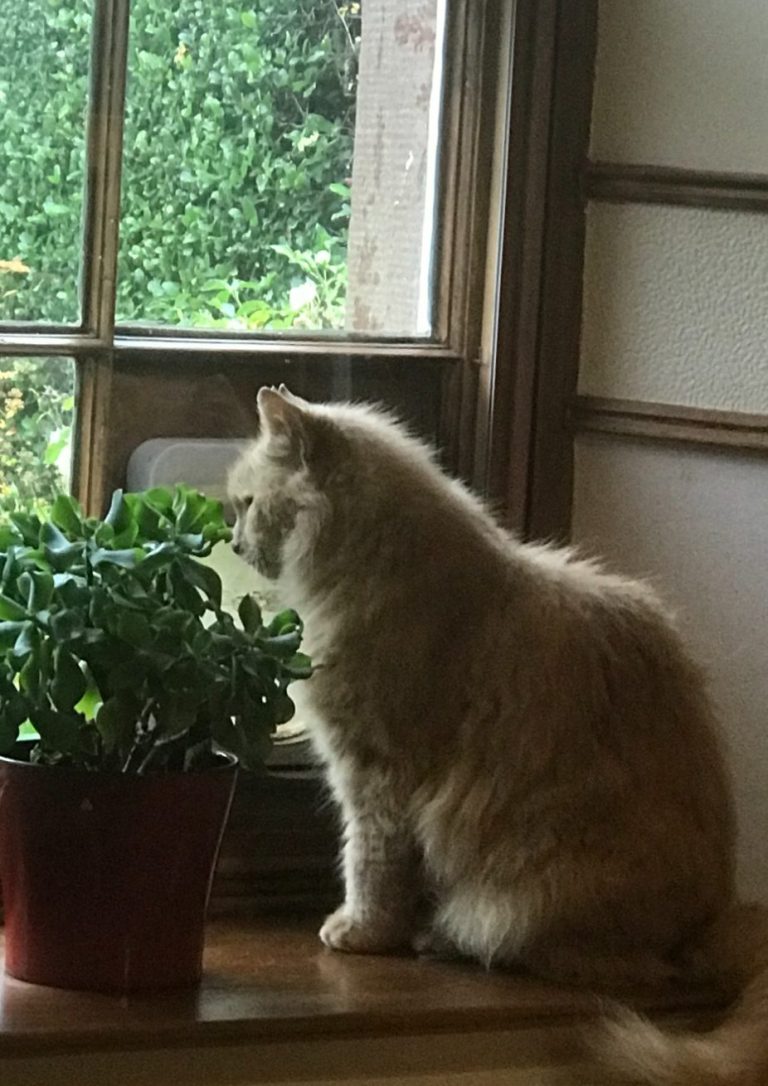



Writing Groups Information
The development of individual or collective writing fragments:
1. Exploring Identity Through Writing:
In this group, participants will delve into the intricate layers of identity—race, culture, and personal history. Guided by reflective writing prompts, we’ll uncover and articulate the unspoken narratives that shape our lives. This process fosters understanding and empathy, which are crucial for personal growth and professional inclusivity. Each session encourages the development of both individual and collective writing fragments, building a mosaic of shared experiences. "Writing is like finding yourself," Virginia Woolf once mused, and here, we embrace that journey earnestly. Drawing from previous sessions on race and mental health, we transform writing into a sanctuary for dialogue and self-discovery.
2. Healing Justice Through Words:
Tailored for those navigating the turbulent waters of mental health and depression, this group employs writing as a therapeutic tool. Participants explore their emotional landscapes through structured sessions, transforming pain into prose and uncertainty into clarity. The process allows for creating and sharing personal and group writing fragments, facilitating a mutual healing journey. Woolf’s belief that "a woman must have money and a room of her own if she is to write fiction" underscores our emphasis on creating a safe, supportive space for each writer. Past themes have included mental health and performance poetry, bridging inner turmoil with creative expression.
3. Professional Development and Creative Articulation:
Focused on individuals in academia or any professional realm, this group hones the craft of proposal writing and professional narratives. Participants refine their skills in creating compelling, coherent, and persuasive texts vital for career advancement and scholarly success. The group fosters a collaborative spirit while enhancing personal expertise by developing individual and collective writing fragments. Virginia Woolf said, "Every secret of a writer's soul, every experience of his life, every quality of his mind, is written largely in his works." This group channels that sentiment, utilising reflexive writing techniques to enhance the clarity and impact of professional documents. Previous sessions covered PhD proposal writing and race, bridging the gap between personal experience and professional articulation. Each group draws on the dynamic interplay of introspection and expression, reflecting Didion's reflective yet piercing narrative style. Whether your goal is personal elucidation or professional refinement, these tailored sessions promise a profound journey into the heart of your own story, culminating in a poignant collection of writing fragments that tell a cohesive, collective narrative.
Please complete the contact form on this website for further information on joining (a (w) riting group.
"Writing is a form of therapy; sometimes I wonder how all those who do not write, compose, or paint can manage to escape the madness, the melancholia, the panic fear which is inherent in a human condition.
A Writer's Diary
Virginia Woolf
Writings (selected publications)
"The real voyage of discovery consists not in seeking new landscapes, but in having new eyes." - Proust
Moutsou, C., & Siddique, S. (2024). Lying and truth-telling on the couch: The sense of touch in the consulting room. In C. Moutsou (Ed.), Dialogues between Psychoanalysis and Architecture: The relational space of the consulting room through the senses (Chapter 3). Routledge Publications.
Siddique, S. (2024). Observing and Consulting in the Digital Aquarium. In C. Moutsou (Ed.), Dialogues between Psychoanalysis and Architecture: The relational space of the consulting room through the senses (Chapter 10). Routledge Publications.
Siddique, S (2024) A Psychoanalytic Anthropological Exploration of Tracing the Singularity of Things and (Re)membering Fieldwork Nuances - (preparing for publication).
Siddique, S.,& V.R.Dominguez (2021). Anthropology in the Consulting Room: An Interview with Salma Siddique by Virginia R. Dominguez. American Anthropologist, 123 (1), 179-183, 2021.
Siddique, S., (2017). Ellipses: Cultural reflexivity in transactional analysis supervision. Transactional
Analysis Journal, 47 (2), pp.152-166.
Siddique, S., (2015). Bhaji on the Beach: Teaching Relational Ethics in India. Man in India: an international journal of anthropology.
Siddique, S.,(2012). Storymaking: In-between anthropological enquiry and Transactional Analysis Psychotherapy. European Journal of Psychotherapy & Counselling, 14 (3), 249-259.
Siddique, S., (2011). Being in-between: The relevance of ethnography and auto-ethnography for psychotherapy research. Counselling and Psychotherapy Research, 11 (4), 310-316.
We need your consent to load the translations
We use a third-party service to translate the website content that may collect data about your activity. Please review the details in the privacy policy and accept the service to view the translations.